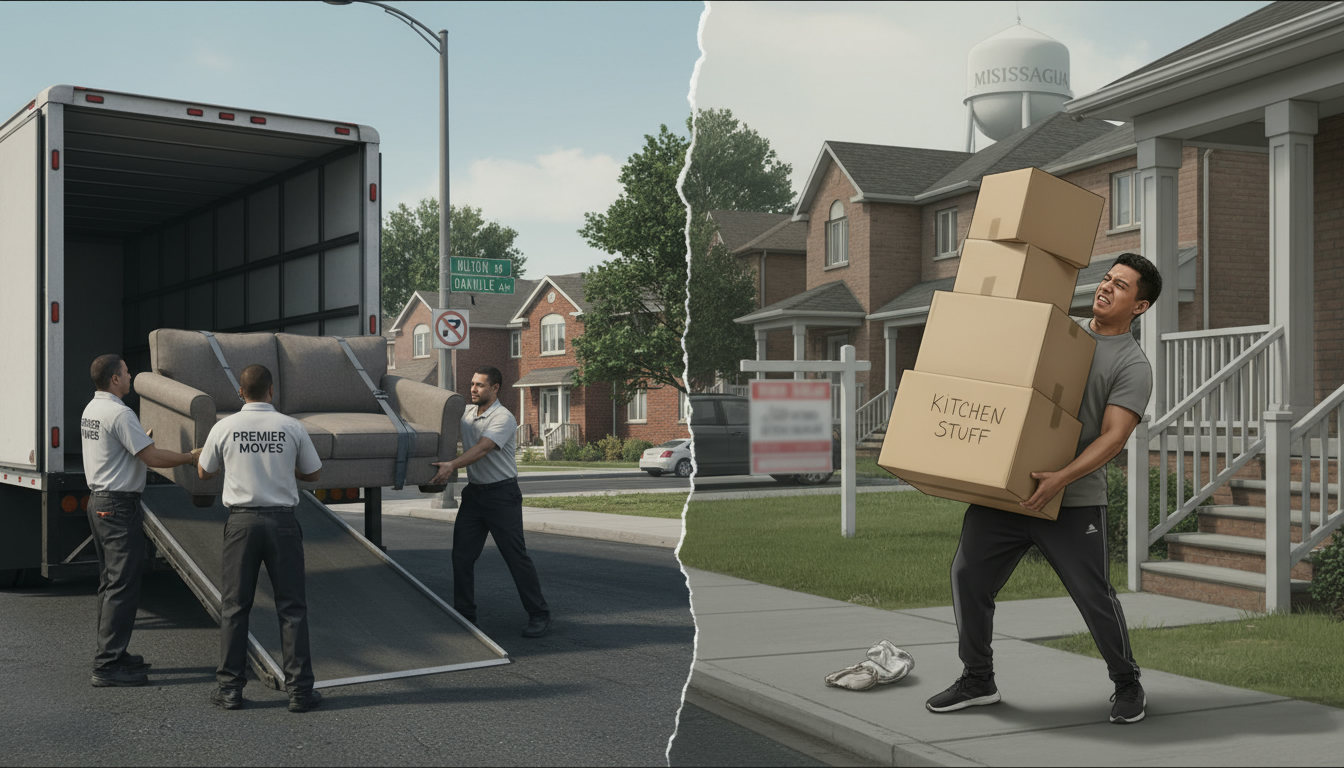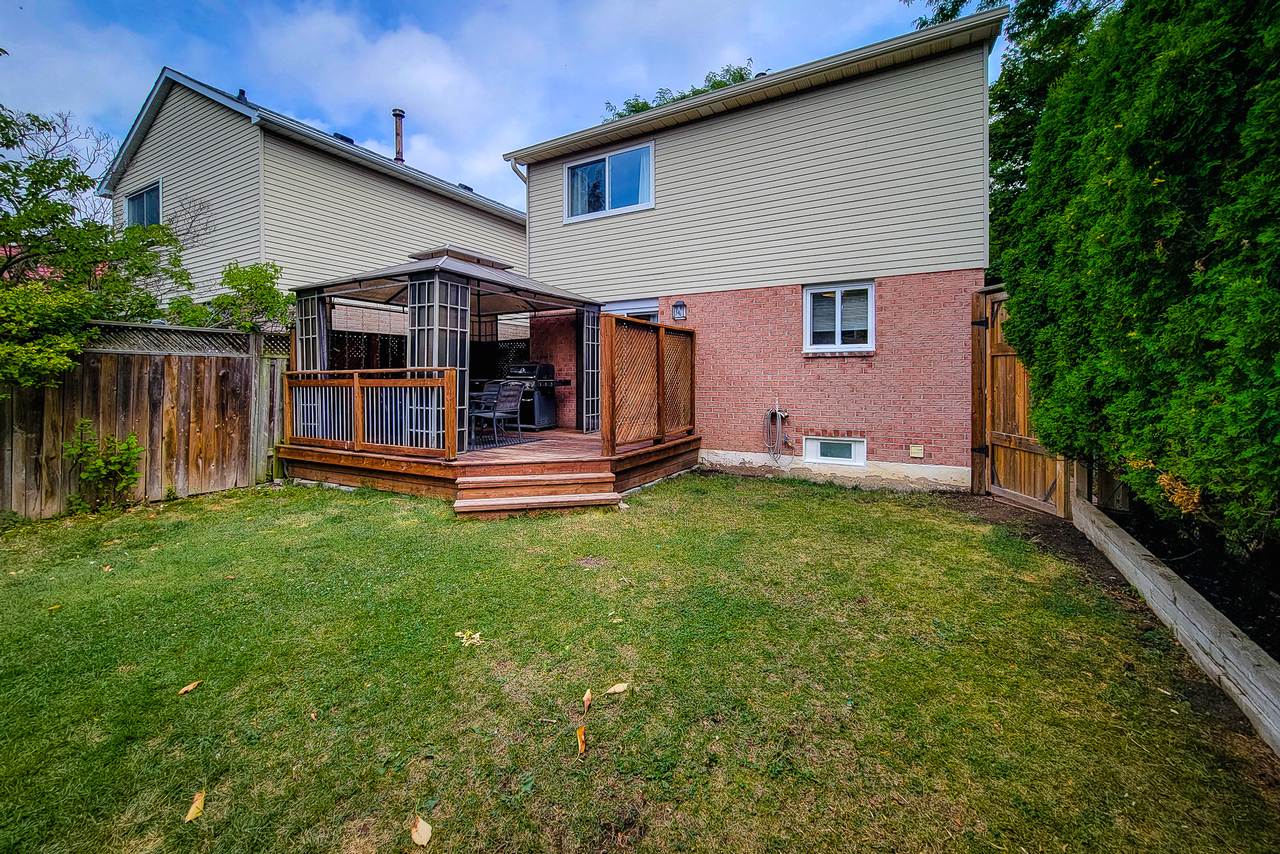What happens if I hide defects?
Can hiding defects cost you everything? You bet — and here’s the proof.
Quick answer — don’t hide defects
Hiding defects during a sale looks tempting: a patched roof, undisclosed mold, or an electrical problem that you hope the buyer won’t notice. But the short-term gain is tiny compared with the legal and financial fallout. Sellers face misrepresentation claims, rescinded sales, substantial damages, and ruined reputations.
Why hiding defects is legally risky
- Seller liability and misrepresentation: In most jurisdictions, including Ontario, sellers must not mislead buyers. Concealing known issues can be ruled as misrepresentation or fraud.
- Latent defects: Problems hidden from reasonable inspection (like structural or hidden water damage) often carry higher legal exposure. Buyers can sue for repair costs, lost value, and legal fees.
- Paperwork problems: Incorrect or incomplete disclosure forms create a paper trail that favors the buyer in court.

Data-backed reality (what courts and markets show)
- Buyers who discover undisclosed defects commonly pursue civil claims. Courts regularly award damages or allow rescission of the sale when intentional concealment is proven.
- Repair and remediation costs often exceed the short-term savings from concealing an issue. For example, mold remediation, structural fixes, or rewiring can balloon into tens of thousands of dollars.
Real-world examples (simplified, common scenarios)
- Hidden roof leaks: Seller repairs a visible stain and says nothing about past leaks. Buyer finds rot after moving in, hires contractors, and sues for remediation + diminished value.
- Buried electrical issues: A home with outdated wiring is represented as “inspected” — a post-sale fire risk triggers a claim for damages and court-ordered compensation.
- Mold behind drywall: Short-term fix hides the smell. Later, health complaints and remediation costs lead to a successful buyer claim.
How paperwork protects you — and what to do now
- Full disclosure: Fill property disclosure forms accurately. Note known issues and provide inspection reports where available.
- Get inspections early: Order a professional pre-listing inspection. Fix critical issues or disclose them honestly; save the inspection report to prove you disclosed.
- Use clear clauses: Work with an experienced realtor and lawyer to draft sale documents that reflect the condition and limit surprises.
Why honest disclosure is the smart financial move
- Lower legal risk: Honest paperwork reduces the chance of litigation and strengthens your position if disputes arise.
- Faster closings: Buyers trust transparency and close deals quicker and with fewer demands.
- Market reputation: Real estate depends on referrals. A reputation for honesty preserves long-term value.

Conclusion — expert guidance matters
Hiding defects is gambling with your money and freedom. The costs — legal fees, damage awards, lost sale proceeds, and reputation harm — far outweigh any short-term cover-up.
For clear, practical help with property disclosure, contracts, and paperwork in the Toronto area, contact Tony Sousa. He guides sellers through inspections, honest disclosure, and airtight paperwork so you sell fast, clean, and legally protected.
Email: tony@sousasells.ca
Phone: 416-477-2620
Website: https://www.sousasells.ca
Need a pre-listing plan or document review? Call Tony and stop the risk before it starts.




















